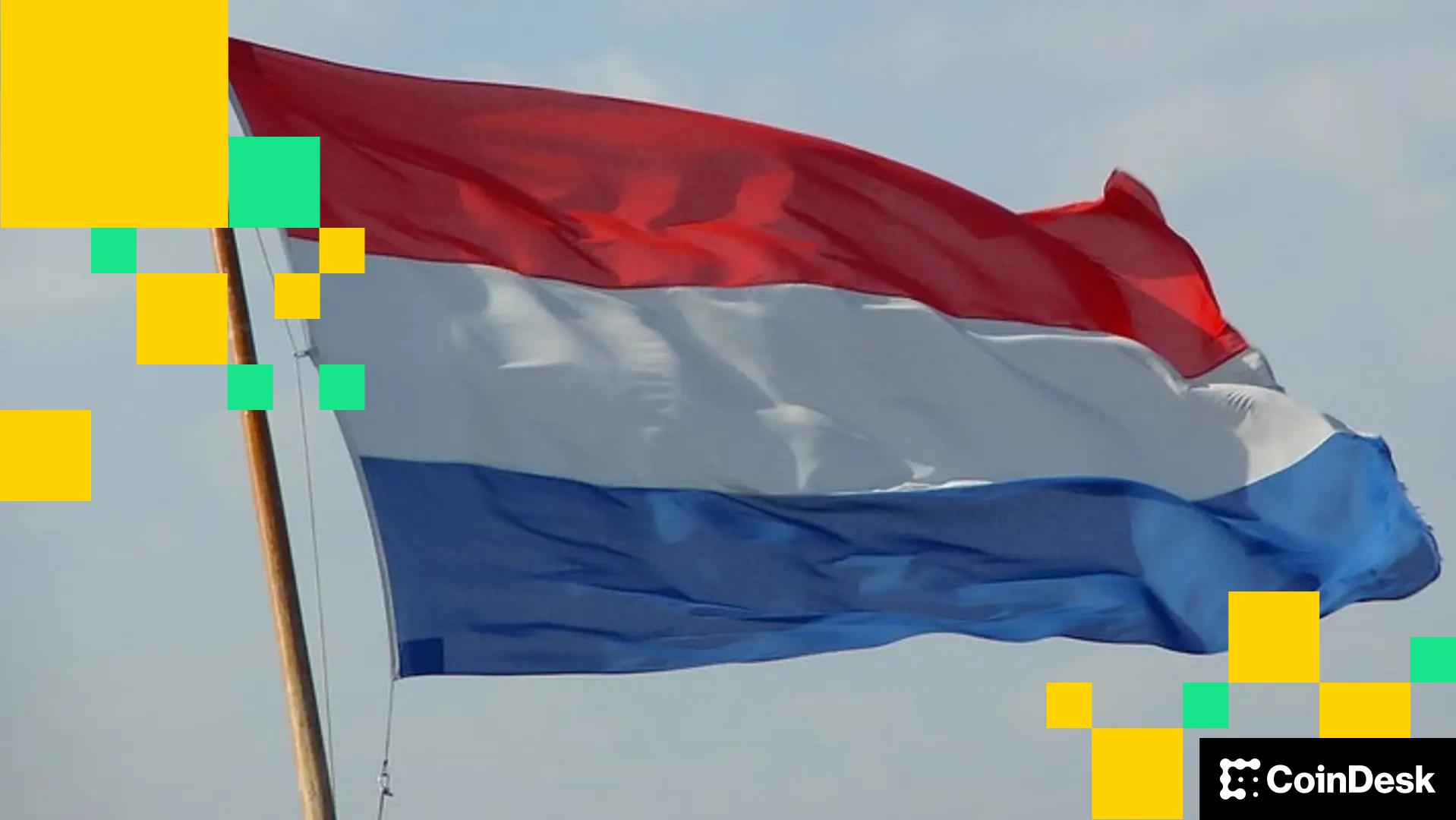Until the final hours of the October 29 elections in the Netherlands, traders at Polymarket were convinced that Geert Wilders’ nationalist Partij voor de Vrijheid (Party for Freedom) would win.
The market barely moved as Rob Jetten’s social-liberal Democraten 66 (Democrats 66) party rose in all major polls. Then, a few minutes after the first exit poll, D66’s ratings exploded, going from 5% to 100%, erasing millions of overconfident long-term voters.
With 98% of votes counted, D66 and PVV are both expected to win 26 seats in the 150-seat lower house of Parliament, Reuters reported on Thursday. This represents a loss of 11 seats for the PVV.
Kalshi was not much better, with traders overvaluing Wilders’ PVV until election day.
Data from Polymarket Analytics suggests that markets have become a test of conviction rather than foresight, with traders clinging to losing their PVV bets through conviction. Many held static positions for weeks while a small group of data-driven participants quietly took advantage of D66’s late rise.
During the recent US presidential election, all kinds of theories emerged about why Polymarket was placing a bounty on current President Donald Trump. Perhaps it’s the participation of crypto holders, who tend to lean right.
One theory was that foreign money was trying to influence the vote by distorting markets. This theory was amplified when a French national using the nickname “Théo” spread pro-Trump and pro-Republican bets across multiple accounts.
It turned out that Theo had no political agenda, as he told the Wall Street Journal. Instead, the self-proclaimed wealthy banker determined that national polls were flawed and commissioned his own, which involved pollsters asking respondents who they thought their neighbors would vote for.
The investigation confirmed his thesis that the polls were wrong about Trump’s chances of winning, and he was confident enough to invest $30 million in it.
But for the Dutch elections, Theo was not present. Many convinced traders acted as efficient counterparties with exit liquidity.
Accounts like “WhiteLivesMatter” – whose username reflects their political views – invested tens of thousands in “yes” deals with the PVV and never flinched, even though Ipsos and Peil.nl polls tilted decisively towards D66.
The positions remained unchanged for weeks, according to Polymarket Analytics. It was not the lack of information that doomed them, but the refusal to deal with it.
This static posture contrasted sharply with that of traders like “Wisser” and “ciro2”, who reacted early to late poll results and made six-figure profits thanks to the same volatility that crushed the PVV faithful. These participants used the market as a rational actor would, attempting to make money from transactions, not as a scoreboard for an ideology.

Ultimately, prediction markets functioned as mirrors, not predictors, reflecting the biases of their users. While Theo used the polls to challenge the consensus, some traders ignored him completely.
In a market with low liquidity, the result was a real-time experiment in how markets can be rational in theory but irrational in practice, particularly when conviction trumps curiosity.
Read more: Polymarket is 90% accurate in predicting world events: research




